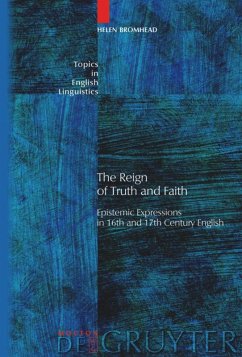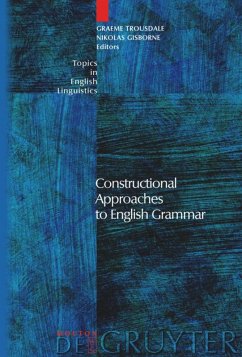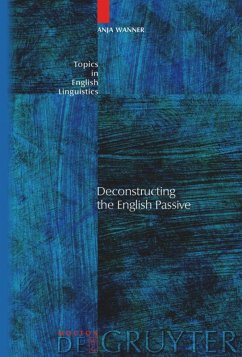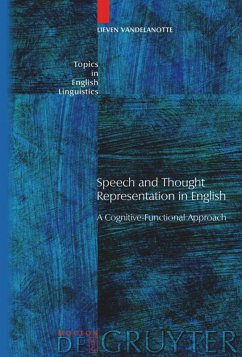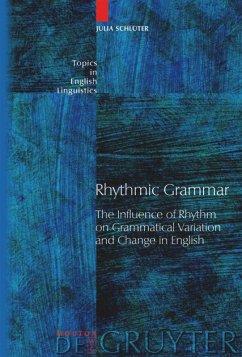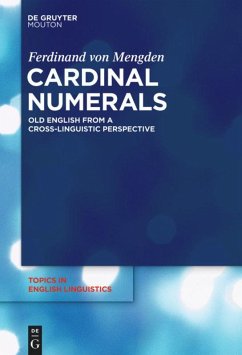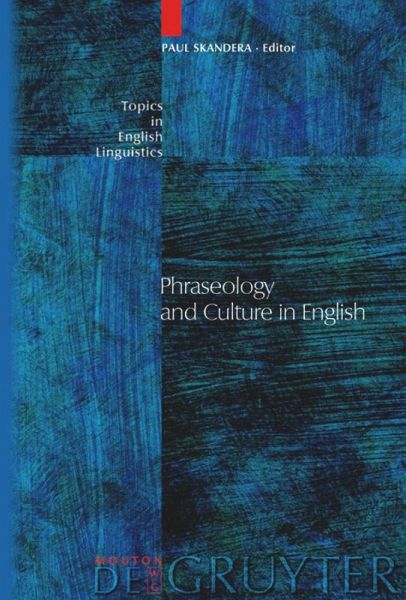
Phraseology and Culture in English
Versandkostenfrei!
Versandfertig in 6-10 Tagen
131,99 €
inkl. MwSt.

PAYBACK Punkte
66 °P sammeln!
The proposition that there is a correlation between language and culture or culture-specific ways of thinking can be traced back to the views of Herder and von Humboldt in the late 18th and early 19th centuries. It is generally accepted today that a language, especially its lexicon, influences its speakers' cultural patterns of thought and perception in various ways, for example through a culture-specific segmentation of the extralinguistic reality, the frequency of occurrence of particular lexical items, or the existence of keywords or key word combinations revealing core cultural values.The ...
The proposition that there is a correlation between language and culture or culture-specific ways of thinking can be traced back to the views of Herder and von Humboldt in the late 18th and early 19th centuries. It is generally accepted today that a language, especially its lexicon, influences its speakers' cultural patterns of thought and perception in various ways, for example through a culture-specific segmentation of the extralinguistic reality, the frequency of occurrence of particular lexical items, or the existence of keywords or key word combinations revealing core cultural values.
The aim of this volume is to explore the cultural dimension of a wide range of preconstructed or semi-preconstructed word combinations in English. The 17 papers of the volume are divided into four sections, focusing on particular lexemes (e.g. enjoy and its collocates), types of word combinations (e.g. proverbs and similes), use-related varieties (such as the language of tourism or answering-machine messages), and user-related varieties (such as Aboriginal English or African English). The sections are preceded by a prologue, tracing the development of the study of formulaic language, and followed by an epilogue, which draws together the threads laid out in the various papers.
The relation between language and culture in general has been explored in a number of important works over the past ten years. However, the study of the relation between English phraseology and culture in particular has been largely neglected. This volume is the first book-length publication devoted entirely to this topic.
The aim of this volume is to explore the cultural dimension of a wide range of preconstructed or semi-preconstructed word combinations in English. The 17 papers of the volume are divided into four sections, focusing on particular lexemes (e.g. enjoy and its collocates), types of word combinations (e.g. proverbs and similes), use-related varieties (such as the language of tourism or answering-machine messages), and user-related varieties (such as Aboriginal English or African English). The sections are preceded by a prologue, tracing the development of the study of formulaic language, and followed by an epilogue, which draws together the threads laid out in the various papers.
The relation between language and culture in general has been explored in a number of important works over the past ten years. However, the study of the relation between English phraseology and culture in particular has been largely neglected. This volume is the first book-length publication devoted entirely to this topic.





